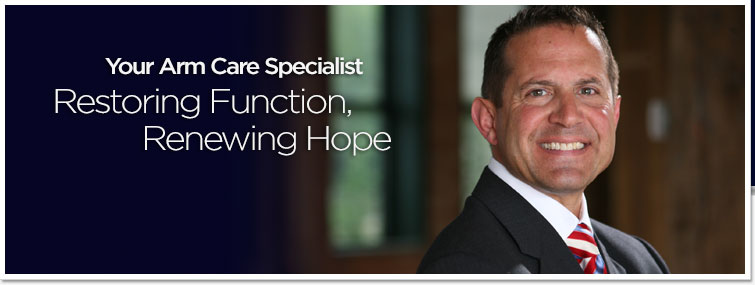NOTICE:
Our Practice has MOVED
Our new location is:
Suite 405
1815 South Clinton Ave
Rochester, NY, 14618.
The NEW phone number is 585-565-3500
Our Practice has MOVED
Our new location is:
Suite 405
1815 South Clinton Ave
Rochester, NY, 14618.
The NEW phone number is 585-565-3500

For appointments call
585.565.3500
Fax Number:
585.434.4081
585.565.3500
Fax Number:
585.434.4081

Self-Efficacy: The Power of Believing You Can
December 5th, 2014
The very little engine looked up and saw the tears in the dolls’ eyes. And she thought of the good little boys and girls on the other side of the mountain who would not have any toys or good food unless she helped. Then she said, “I think I can. I think I can. I think I can.”The Little Engine that Could
(Piper, 1930/1989)
Some of the most powerful truths also are the simplest – so simple that a child can understand them. The concept of self-efficacy deals with one of these truths – one so simple it can be captured in a children’s book, yet so powerful that fully describing its implications has filled thousands of pages in scientific journals and books. This truth is that believing that you can accomplish what you want to accomplish is one of the most important ingredients – perhaps the most important ingredient – in the recipe for success.
The basic premise of self-efficacy theory is that people’s beliefs in their capabilities to produce desired effects by their own actions are the most important determinants of the behaviors people choose to engage in and how much they persevere in their efforts in the face of obstacles and challenges.
People generally avoid tasks where self-efficacy is low, but undertake tasks where self-efficacy is high. As an example, self-efficacy directly relates to how long someone will stick to a workout regimen or a diet. High and low self-efficacy determines whether or not someone will choose to take on a challenging task or "write it off" as impossible. In general, people with high self-efficacy are more likely to make efforts to complete a task, and to persist longer in those efforts, than those with low self-efficacy
Self-efficacy affects every area of human endeavor, and is increasingly an area of research in health care, as it impacts on one’s ability to live with chronic pain and manage disability. Indeed, high levels of self-efficacy can result in decreased perception of pain intensity and magnitude of disability. So too is “patient activation” a key determinant of patient reported outcomes.
In the July edition of the Journal of Hand Surgery, Dr David Ring, a colleague and current Chief of Hand Surgery at Harvard, sought to determine if higher patient activation (active involvement in one's health care) correlates with fewer symptoms and less disability in patients with hand and upper extremity illness. He and his coauthors found a consistent relationship between effective coping strategies and symptoms and disability, and an independent influence of patient activation on pain intensity. They noted the importance of interventions that improve self-efficacy and patient activation to improve upper extremity health.
Efficacy beliefs are influenced by what others say to us about what they believe we can or cannot do. So as a physician I may be capable of positively influencing self-efficacy—separate and distinct from what my patients may read or witness in others. The potential for verbal persuasion to improve self-efficacy will undoubtedly be influenced by perception of expertness and trustworthiness.
Being able to influence how my patients experience and cope with pain, functional disability, unmet expectations etc is a critical part of the Art of being a physician. Indeed, it emanates from a core value of caring and compassion. I want what is best for my patient. There are times when this means ----
-avoiding a surgery no matter what
-performing a desired surgery to treat either persistent symptoms or pathology
-recommending against a desired surgery because of risks or potential morbidity
-advising against a surgery because I might not think it is in one’s best interest---either because it may make someone worse or simply because I believe that they are capable of further recovery without it
Self-efficacy---the power of believing you can—requires mutual trust, and genuine caring. Indeed, there are times when complications from surgery, unmet expectations, chronic pain, lost hope, a beleaguered spirit, or functional disability may best be cared for by improved coping strategies and self-efficacy, not by more surgery, studies, and tests. Figuring out what is in the best interest of my patients requires dialogue, empathy, listening, trust----- a true partnership between doctor and patient---------and that is my privilege.
*POST EDITED BY DR. TOMAINO.
Replies
No replies!



